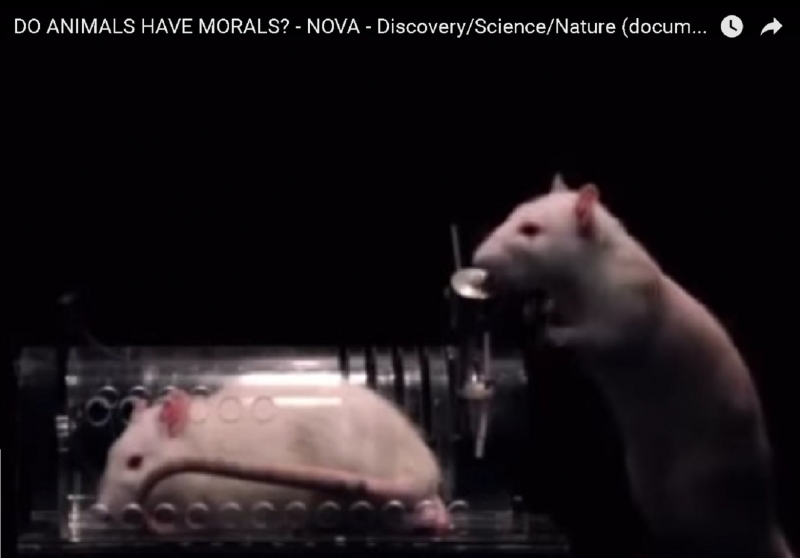Is it possible that also our feeling of what is right and wrong is part of our animality? In this sense our sense of morality is not learned by culture nor reason, but it comes from the depth of our beings.
If good actions are not the result of good reasoning (rationalising interests) and in general if reasoning is not the main factor of our decision making and acting, why should philosophy focus so much on analyzing good arguments? We should perhaps instead look closer into what really makes us take decisions in our everyday life – and this happens in a pre-linguistic layer of thought.
Regarding morals, should philosophical practice look into this deeper pre-linguistic thinking in order to get a better insight of the experience of the sense of justice and empathy and how we humans make concepts out of these? Is this a fruitful path for philosophical practice to engage/investigate in?
This week at our philosophical café we reflected about the studies of animal behavior of Frans de Waal, and its consequences for philosophy of morals (not Ethics which deals with the behavioral norms ruling a society/culture- with which we do not necessarily agree. The very reason why we may not agree with the mainstream ethics, is that we have a more or less developed sense of moral that comes from our deep animal being and that can be in contradiction with the ruling norms that are the result of abstract justifications).
The consequence would be that we should re-think what morals is all about and how to build up ethics on the basis of the new evidence we can now all access.
I am sharing here 2 videos that IvanAntezana (participant of our philosophical café) showed to us this Saturday to introduce the issue.
https://www.youtube.com/watch?v=JZurINLlVds
https://www.youtube.com/watch?v=GcJxRqTs5nk
